
3 Reasons You Make Terrible Decisions (and How to Stop)
Decisions in life come down to trade-offs. And it just so happens we’re really bad at evaluating trade-offs.
Read or listen offline
Amazon KindleRecommendation
Every decision you make involves trade-offs between cost and benefit, risk and reward, effort and result. Mark Manson identifies three factors that inevitably interfere with wise decision-making – responses that evolution baked into your brain. He outlines options for becoming more self-aware so you can defeat your cognitive glitches. Learn how to make easy, poor choices less appealing and how to make hard but worthy decisions easier. You can ensure that your values inform your choices and thus take responsibility for the shape of your life.
Summary
About the Author
Blogger Mark Manson is the author of the New York Times bestsellers The Subtle Art of Not Giving a F*ck and Everything is F*cked: A Book About Hope.






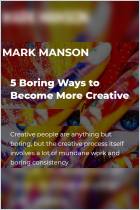
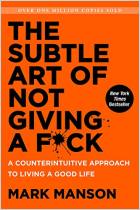
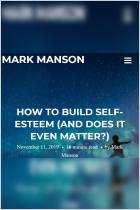
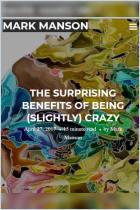
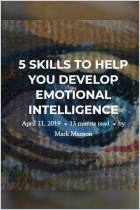
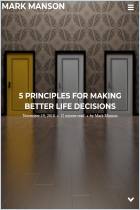
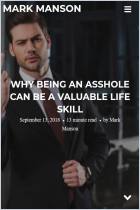
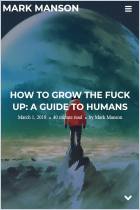
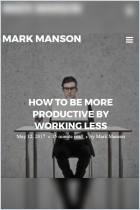
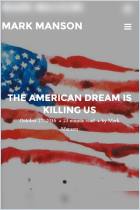
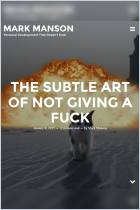
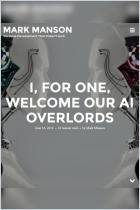
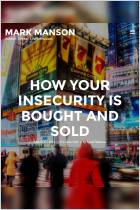
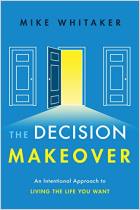
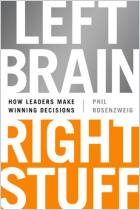
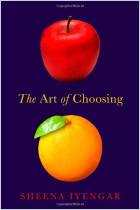
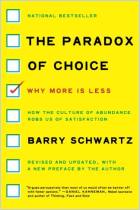
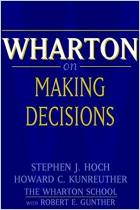
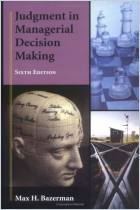





Comment on this summary